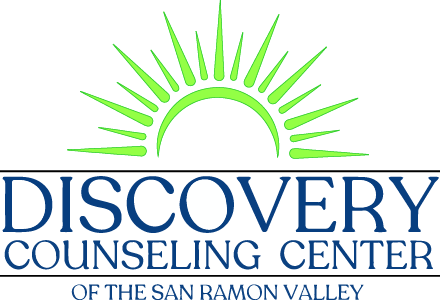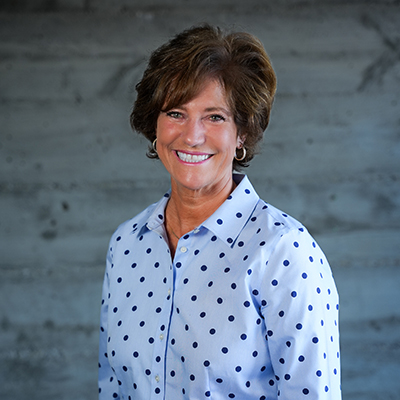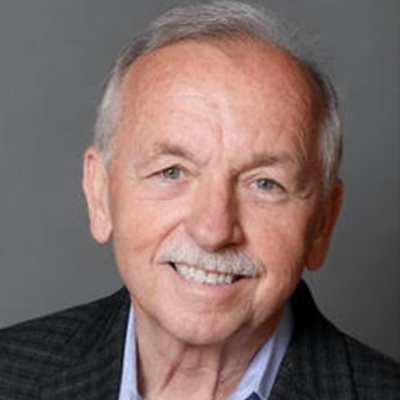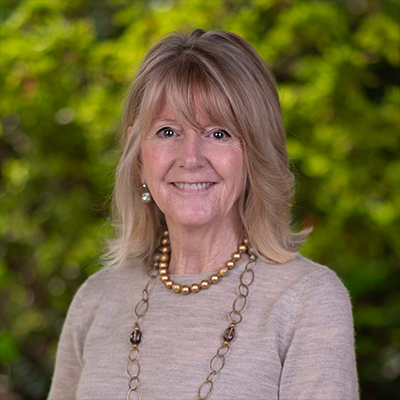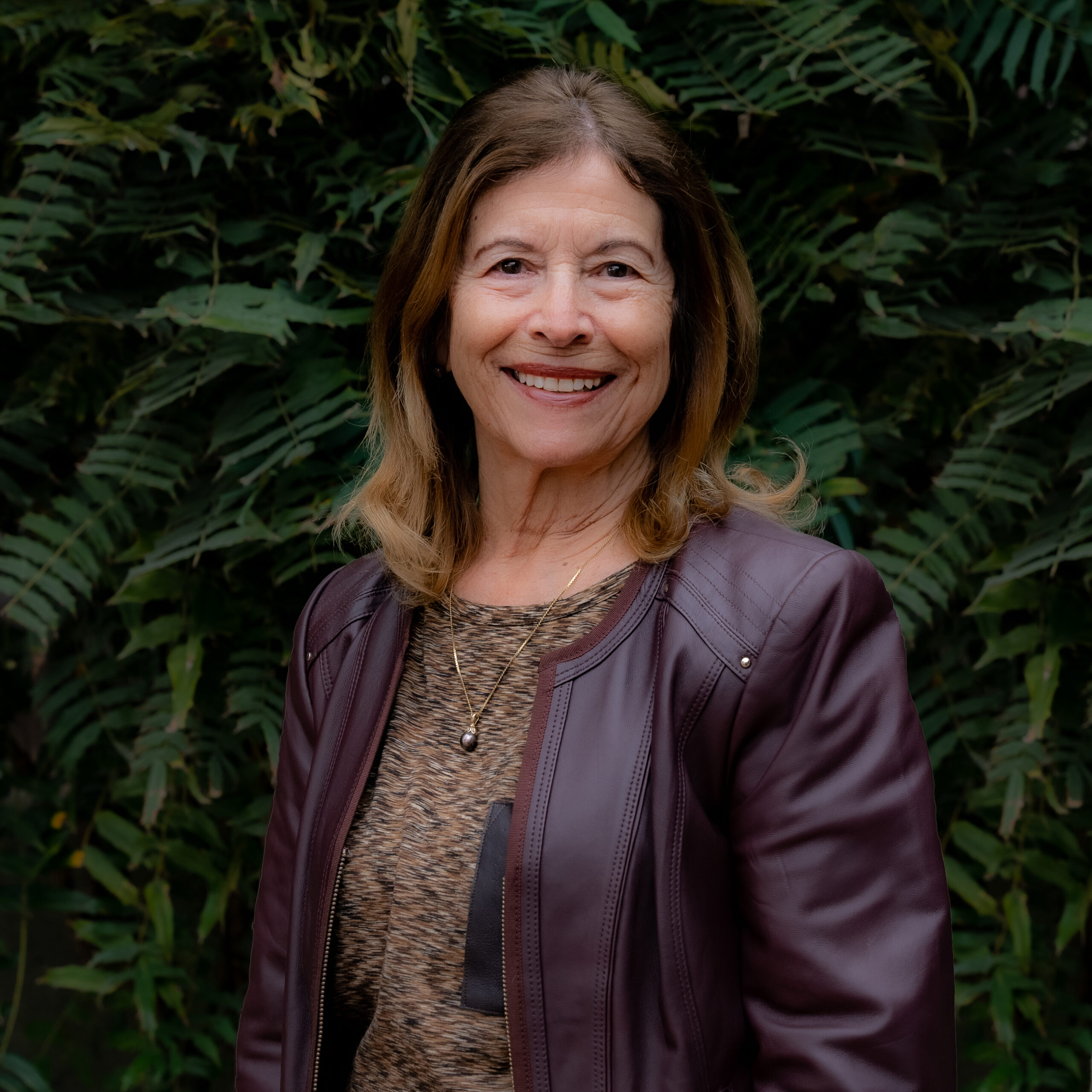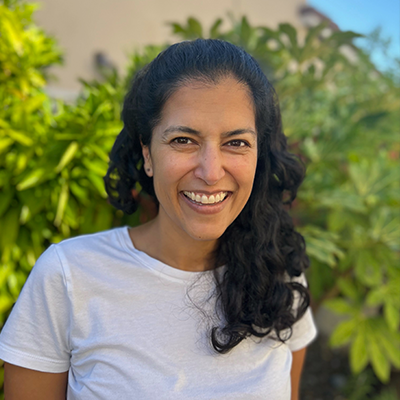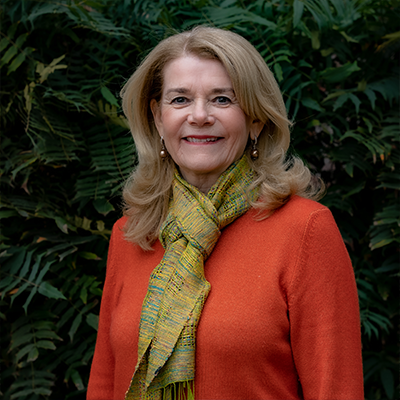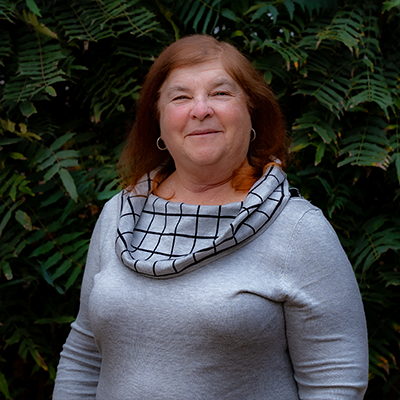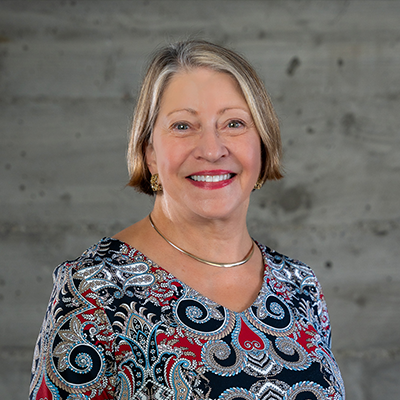Individual therapy is a process through which clients work one-on-one with a therapist — in a safe, caring, and confidential environment — to explore their feelings, beliefs, or behaviors, work through challenging or influential memories, identify aspects of their lives that they would like to change, better understand themselves and others, set personal goals, and work toward desired change.
UPCOMING
NAMI Statement on Fatal Shooting in Uvalde, Texas
May 25 2022
ARLINGTON, VA. May 25, 2022 — The National Alliance on Mental Illness (NAMI) is deeply saddened by the horrific and avoidable school shooting that occurred yesterday in Uvalde, Texas. The mass killing of at least 19 children and two adults at the elementary school impacts all of us. It impacts the mental health of our entire country.
We say the shooting in Uvalde could have been avoided because the nation has failed to act. Littleton, Newtown, Parkland, Blacksburg, Orlando, Las Vegas and most recently Buffalo have been the scenes of mass shootings over the years. Each time, nothing is done, and another tragedy ensues. We should all be free to send our children to schools, to shop for groceries or attend events without the danger of gun violence.
Mental illness is not the problem. It is incorrect and harmful to link mental illness and gun violence, which is often the case following a mass shooting. Pointing to mental illness doesn’t get us closer as a nation to solving the problem and doing so leads to discrimination and stigma against those with mental illness — who are more likely to be victims of violence than perpetrators. People across the globe live with mental illness, but only in the U.S. do we have an epidemic of senseless and tragic mass shootings.
Gun violence is a public health crisis. We urgently need common sense approaches to end gun violence in this country. We all want an end to this senseless violence and trauma, so we need to come together as a nation to find meaningful and sensible solutions.
We are here, ready to help the nation address its trauma. You can connect to your local NAMI. If anyone needs to reach out for resources or help, the NAMI HelpLine is available at 1-800-950-NAMI (6264) — open Mon-Fri from 10 a.m. to 10 p.m. ET.
PROTECTING MENTAL HEALTH ON INSTAGRAM
9 WAYS PARENTS CAN HELP CALM ANXIOUS KIDS
HOW TO TALK ABOUT MENTAL HEALTH WITH A CHILD
GROUPS

Adult Social & Support Zoom Groups
Amigos
Every 2nd Wednesday 6:30-7:30PM
Este grupo social es para hombres gay, bisexuales y/o trans. Date la oportunidad de conocer a gente nueva, de tu edad y comunidad que habla tu idioma.
Contact christian@rainbowcc.org for private zoom link.
Mocha
Every 4th Wednesday 6:30-7:30PM
Monthly HIV Support Group dedicated to men of color.
Contact christian@rainbowcc.org for private link.
Found Family for Trans Masculine and Non Binary AFAB people
Every Tuesday 4PM
This is a clinician facilitated safe space where we can meet, exchange stories of ourselves and our journey, seek the support of others, ask for education.
Contact kadeth@rainbowcc.org for more info.
Queer Parents, Guardians and Caregivers
Every 2nd Thursday 5:30-7PM
A safe space and support system for Queer people who are Parents, Guardians or Caregivers and want to meet other Queer Parents, Guardians or Caregivers.
Contact lydia@rainbowcc.org for private zoom link.
Gender Voice
Every 2nd & 4th Monday 7PM
For people across the gender spectrum to get support & build community.
Contact rae@rainbowcc.org for private zoom link.
Parents/Guardians of Transgender & Gender-Nonconforming Children
Every 1st & 3rd Wednesday 6-7:30PM
For families with trans/GNC kids to connect, learn and build community.
Contact rae@rainbowcc.org for private zoom link.
HIV Monday Night Group
Every Monday 6:30-7:30PM
Our group offers its HIV/AIDS support group members a place to share & encourage.
Contact christian@rainbowcc.org for private link.
Partners of Trans & GNC Folx
3rd Tuesday 7-8:30PM
A safe and non-judgemental place for partners of Trans and Gender Non-Conforming Folks to find connection and support
Contact aischa@rainbowcc.org for private zoom link.
HIV/STI Testing
June 8th & 22nd 2-7PM
Free HIV, Gonorrhea and Chlamydia.
Contact christian@rainbowcc.org for testing appointments.
Senior Zoom Lunch
Every other Friday 1-2PM
Join us for activities, discussions, & fun.
Please contact christopher@rainbowcc.org for private zoom link.
LGBTQA Survivors of Domestic/Intimate Partner Violence Support Group
Every Wednesday
This is a clinician lead support group for those of us in the LGBTQA communities who are survivors of domestic violence/intimate partner violence.
Contact kadeth@rainbowcc.org for more info.
Social GuyZing
Every 4th Friday 6:30-7:30PM
A monthly social group of GBTQ+ identified men.
Contact christian@rainbowcc.org for private link.
Women of the Rainbow
Every 1st Thursday 6:30-7:30PM
A group for older adult LGBTQI+ women to connect, celebrate & support each other.
Contact christopher@rainbowcc.org for private zoom link.

African-American Support Group — African-American Uplift program which meets the fourth Wednesday of the month at 7:00PM. In addition to offering peer-led, culturally responsive, non-clinical, support groups, this NAMI program will help connect the sometimes dispersed black residents in our county.
Facilitated by Gigi Crowder, Executive Director, NAMI Contra Costa County
4th Wednesday of the month from 7:00pm – 8:00pm
Contact: gigi@namicontracosta.org
(510) 990-2670
Zoom
Meeting ID: 863 0852 3473
COVID-19-RELATED RESOURCES
SUPPORTING FAMILIES DURING COVID-19:
CHILD MIND INSTITUTE
LETTER TO FAMILIES FROM YOUR CHILD’S THERAPIST
FOSTERING RESILIANCE IN THE TIME OF COVID-19: TIPS FOR HELPING YOUR CHILD
COVID-19 EFFECT ON KIDS MENTAL HEALTH
MENTAL HEALTH AND COPING DURING COVID-19
BOOKS
Wired Child – Dr. Richard Freed
The Whole Brain Child- Dr. Dan Siegel
No Drama Discipline- Dr. Dan Siegel
Brainstorm: The Power and Purpose of the Teenage Brain- Dr. Dan Siegel
The Yes Brain: Children- Dr. Dan Siegel
Full Catastrophe Living- Dr. Jon Kabat-Zinn
1-2-3 Magic: Discipline for Children 2-12- Dr. Thomas W. Phelan
TIPS FOR TALKING ABOUT MENTAL HEALTH
by Jo Loughran at Time To Change
1. Ask twice : Research shows that ‘How are you?’ can often prompt no more than a meaningless exchange. The simple act of asking again, with interest, shows a genuine willingness to talk and listen. If you’re worried about someone, the next time they say they’re fine, try asking ‘How are you really?’ or ‘Are you sure you’re ok?’
2. Ask open questions : We can worry about prying when it comes to mental health, but it’s better to ask questions. It might help someone to get things off their chest, and it shows that you care. Some questions you can ask are: ‘What does it feel like?’, ‘What kind of thoughts are you having?’ and ‘How can I help?’
3. Think about the time and place : Sometimes it’s easier to talk side-by-side. Try chatting while doing something else, like walking. Some people might prefer to talk somewhere with background noise, others may rather have a quiet conversation at home. Everyone is different, so think about which environment you are likely to both feel most comfortable in.
4. Keep conversations small and informal : You don’t have to set aside hours to chat. Talking when shopping, cooking or driving can take the pressure off – it doesn’t need to be a formal sit-down conversation.
5. Depersonalize the situation : It might easier to talk about a hypothetical event rather than asking direct questions about feelings or speaking about your own. For example: ‘work can be really stressful, can’t it?’
6. Help them see they’re not alone : If you know someone else who has struggled with their mental health, talking anonymously about their experiences might be a good way of starting a dialogue, or you could discuss celebrities who are talking about their mental health in the media.
7. Talk about your own feelings : Being open about your own emotions shows it’s okay to be open too.
8. Don’t try and fix it : Resist the urge to offer quick fixes. Often listening is enough.
9. Look after yourself, too : Choosing to talk can make a real difference to someone’s life but it can also bring up difficult things that people may not have spoken about before. If you or others need support, you may find resources at Contra Costa Crisis Center https://www.crisis-center.org/or at SAMHSA https://www.samhsa.gov/find-help/national-helpline
